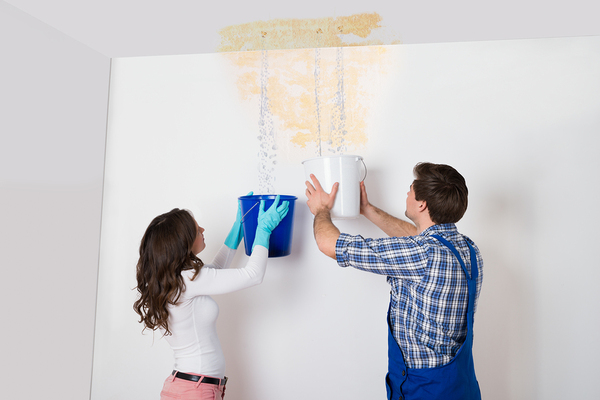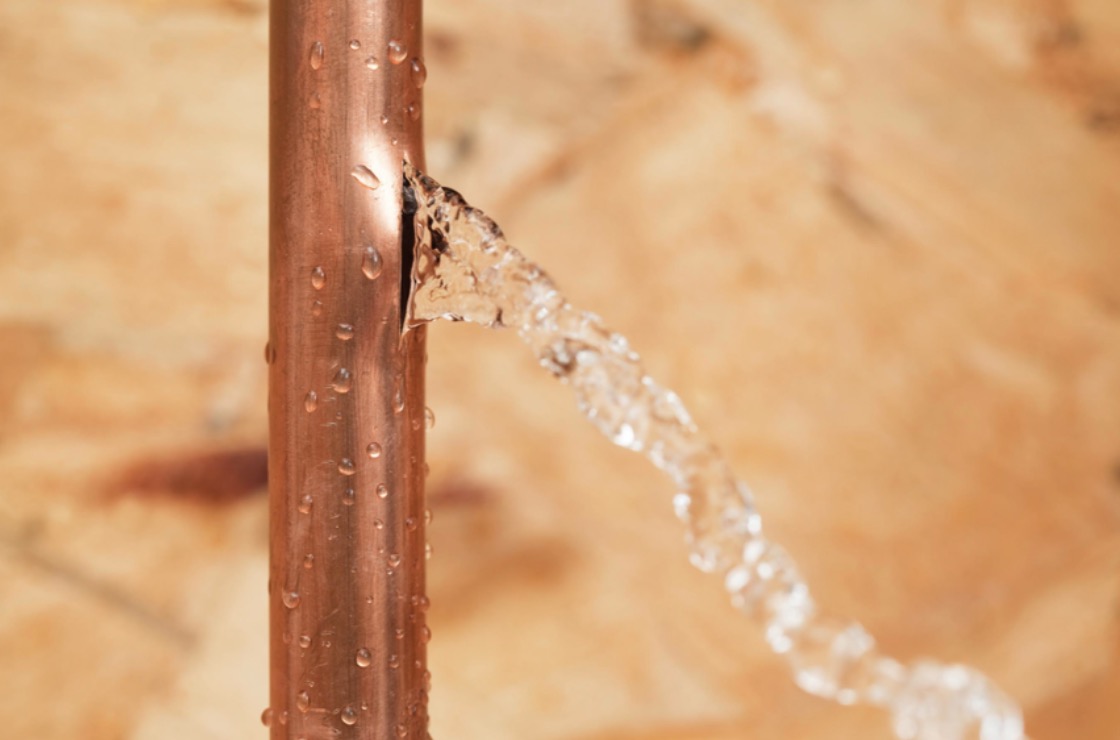Tips for the Six Most Common Causes of Water Leaks in Homes
Tips for the Six Most Common Causes of Water Leaks in Homes
Blog Article
We have discovered this article involving Common Water Leaks In House directly below on the web and decided it made good sense to talk about it with you on this page.

Leaks not only cause waste of water but can also cause unnecessary damage to your house as well as promote unwanted organic growth. Sadly, water leakages could go unnoticed considering that most of the pipework in our home is hidden. By looking and recognizing for day-to-day circumstances that cause leakages, you can shield your house from future leaks and unnecessary damages. Today, we will certainly look at 6 leak triggers that may be triggering your pipes to drip.
Encroaching roots
Most water leaks begin outside your house instead of inside it. If you observe an unexpected decline in water stress, claim in your tap, require time to go out as well as analyze your lawn. You may discover wet spots or sinkholes in your lawn, and that might mean that tree origins are getting into water lines creating water to permeate out. You can have your plumber look for breach, particularly if you have trees or shrubs near your property.
Rusty water supply
This may be the reason of staining or warping on your water pipelines. If our plumbing system is old, think about changing the pipes given that they are at a greater threat of rust than the more recent versions.
Faulty Pipe Joints
Pipe joints can wear away over time, resulting in water leaks. If you have loud pipelines that make ticking or banging noises, specifically when the hot water is turned on, your pipe joints are probably under a lot of stress.
Instantaneous temperature modifications.
Extreme temperature level changes in our pipelines can cause them to broaden as well as acquire suddenly. This expansion and tightening may cause splits in the pipelines, particularly if the temperature level are below freezing. It would be best if you kept an eye on exactly how your plumbing works. The visibility of the previously stated situations frequently shows a high risk.
Poor Water Connectors
At times, a leak can be triggered by loosened hoses as well as pipes that supply your devices. In case of a water links leakage, you may discover water running directly from the supply line or pools around your devices.
Blocked Drains
Obstructed drains pipes could be frustrating and also inconveniencing, but they can occasionally end up triggering an overflow resulting in break pipelines. Maintain removing any type of products that may decrease your drains that can block them to avoid such inconveniences.
All the above are sources of leakages but not all water leaks result from plumbing leakages; some leakages may come from roof leaks. All leaks should be fixed right away to avoid water damage.
Leaks not only trigger waste of water however can additionally create unnecessary damage to your home and promote unwanted natural growth. By understanding and looking for day-to-day scenarios that trigger leaks, you can safeguard your house from future leaks and unnecessary damages. Today, we will look at six leakage causes that may be triggering your pipelines to leak.
At times, a leakage can be created by loosened hoses and pipes that supply your appliances. In case of a water connections leakage, you might discover water running directly from the supply line or pools around your home appliances.
How To Check For Water Leak In Your Home
How To Check for Leaks
The average household's leaks can account for nearly 10,000 gallons of water wasted every year and ten percent of homes have leaks that waste 90 gallons or more per day. Common types of leaks found in the home are worn toilet flappers, dripping faucets, and other leaking valves. These types of leaks are often easy to fix, requiring only a few tools and hardware that can pay for themselves in water savings. Fixing easily corrected household water leaks can save homeowners about 10 percent on their water bills.
To check for leaks in your home, you first need to determine whether you're wasting water and then identify the source of the leak. Here are some tips for finding leaks:
Take a look at your water usage during a colder month, such as January or February. If a family of four exceeds 12,000 gallons per month, there are serious leaks.
Check your water meter before and after a two-hour period when no water is being used. If the meter changes at all, you probably have a leak.
Identify toilet leaks by placing a drop of food coloring in the toilet tank. If any color shows up in the bowl after 10 minutes, you have a leak. (Be sure to flush immediately after the experiment to avoid staining the tank.)
Examine faucet gaskets and pipe fittings for any water on the outside of the pipe to check for surface leaks.
Undetected water leaks can happen without the home or business owner even realizing. If you suspect a water leak, but not able to find the source. It is time to contact a professional water leak detection service, The Leak Doctor.
How To Find a Water Leak In Your Home
https://www.leakdoctor.com/blog/How-To-Check-For-Water-Leak-In-Your-Home_AE197.html

I stumbled upon that blog posting on Top Causes of Home Water Leaks while doing a lookup on the web. Do you know about somebody who is serious about the topic? Why not promote it. We value reading our article about How to Find Water Leaks.
Call Today Report this page